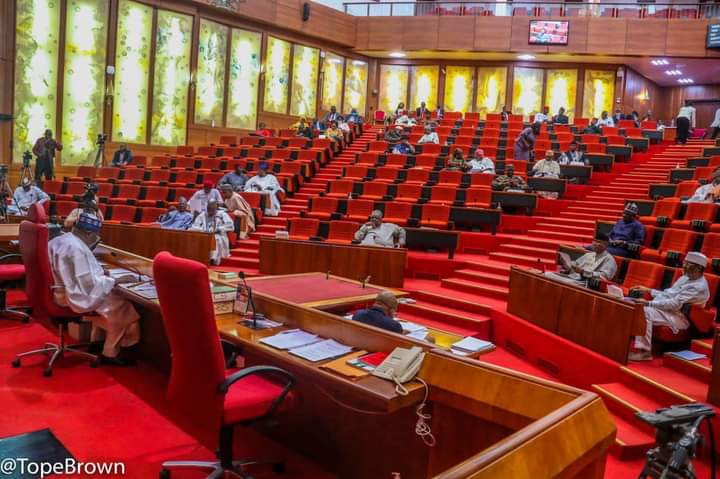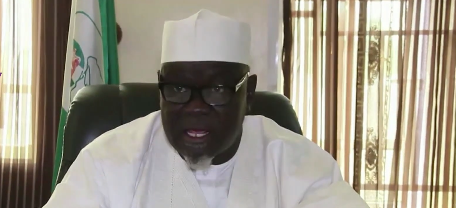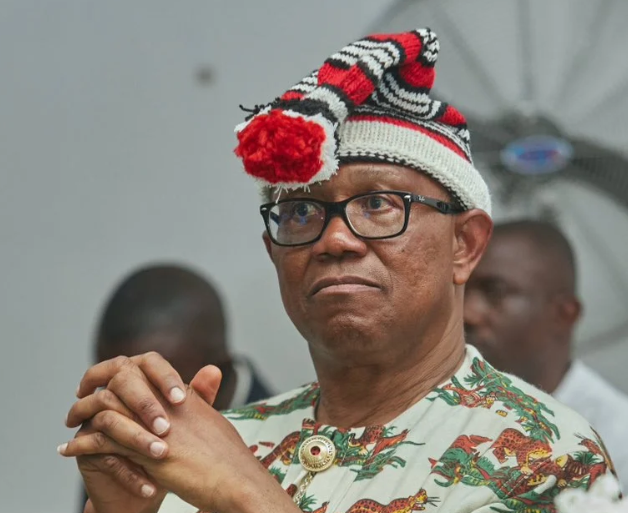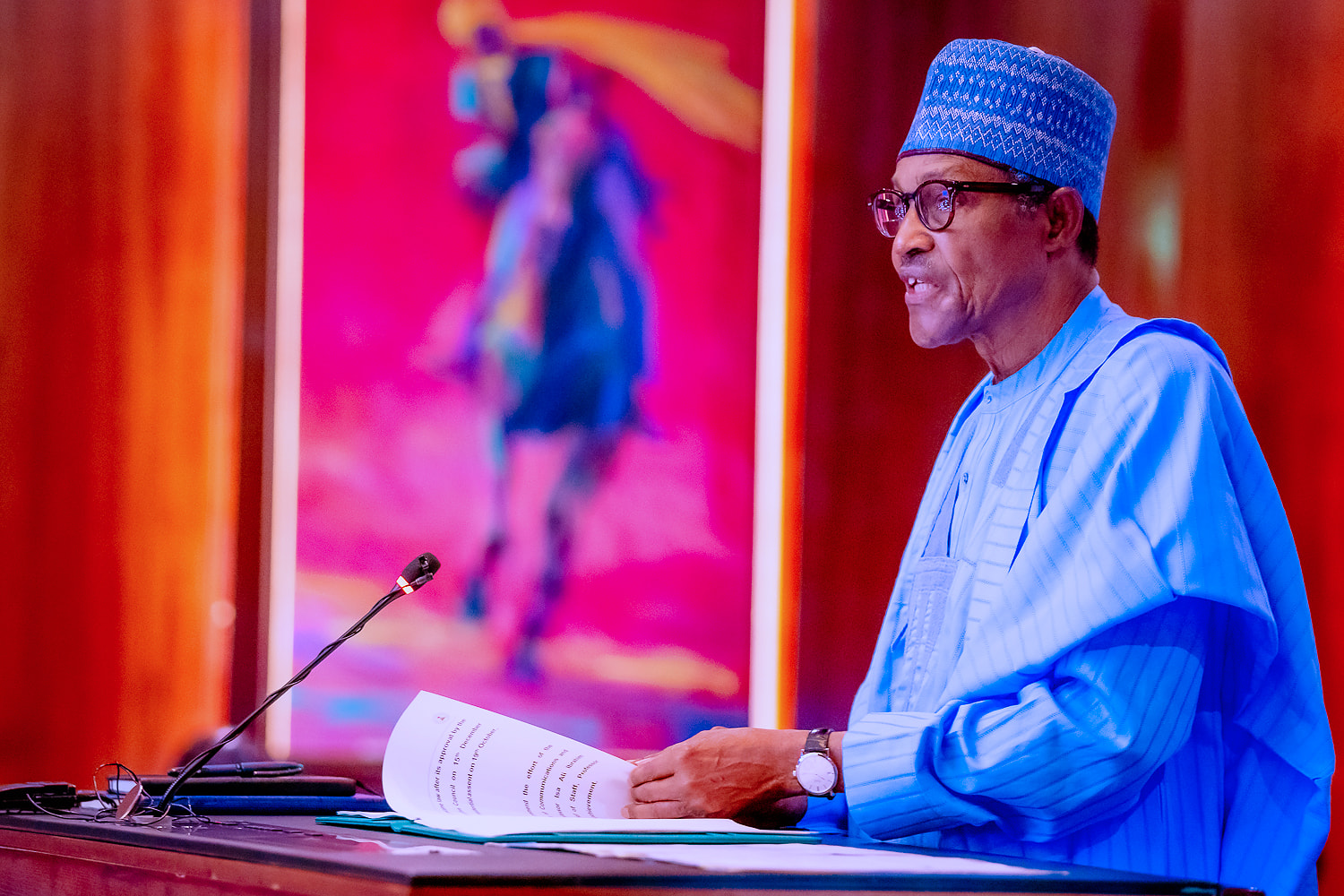The neatly styled traditional attire is Ankara of modest quality. I checked around his feet, and the loafers ain’t of any notable designers. He stretches his hand to me for a handshake, and his wristwatch isn’t making that noise. “My name is Biodun Oyebanji.” As simple as his dressing, so is his mannerism. It is months to the governorship election in Ekiti state, and I am in Ado Ekiti to meet with Oyebanji, the APC candidate. “Do you have a copy of my manifesto yet?” He asks me as we settle for talks. I tell him I have gone through the document and felt a few things missing. He asks to see the copy I have, and then tells me he has an updated one that already addressed the concerns I raised. He then sends me this updated version. Not surprising to later see that he was the only candidate, out of the three major candidates, who had his policy ideas designed, documented and made public.
A few minutes into the conversation, I am wondering if this is the regular Nigerian politician. As a journalist of over ten years covering issues around governance and policy, I’ve always looked at these politicians with ‘one kind eye’. Generally, I had noticed that these politicians don’t care about data and its effects on governance and development. As recently as 2017, a politician who works with a governor in one of the north-west states told me to go to hell with my findings when the journalist-me reached out to him to share my concerns and ask what the governor was doing to address them. This, with other similar experiences, almost made me give up on Nigerian politicians.
“I believe serious governance should be data-driven,” Oyebanji tells me, and impressively, he begins to make a few comparisons– from the stats on education and health to agriculture. He tells me how he has studied the security design of a particular state, and how Ekiti could pick a thing or two. “We would need people with the capacity and expertise,” he says, with a gesture that suggests getting these people could be the challenge.
I have taken two months leave of absence from the newsroom in Lagos to run a few things for the APC governorship candidate in Ekiti. When he asks how much he should pay me, I tell him it is going to be voluntary. But, Oyebanji is not going to listen to this. “Don’t you have bills to pay? You let me know what I should pay you as soon as possible,” he tells me, and I begin to see another side of this politician– a man who genuinely cares.
Advertisement
Soon, he tells me he wants me to be part of a team that was already working on a policy document expected to drive the six-pillar agenda as highlighted in his manifesto. At this moment, I was like, wait, what? Do politicians get this serious? In the first meeting I attended with this team, one was blown away by the intimidating credentials of the members. Introduction time, and it goes like; “I am Dr A, formerly CFO at ABC, currently COO at XYZ,” “My name is Dr B, I am the ED at ZYX,” I am Dr C, former DG at BCA.”
The team comprised well-experienced minds mainly from the fields of finance, development and agriculture– both at the local and multinational levels. The coordinator of the team himself is a former director with the Lagos government and had worked closely with two governors in Lagos. It was a great learning ground for me– inspiring my transition from a newsman to doing real public policy work. After that first meeting, I shared with a friend that you can’t be a part of such a team and won’t want to go enrol for your PhD immediately!
For the first time, I am meeting a Nigerian politician in Oyebanji who appears to be concerned about serious governance, and not one touring towns and villages to sell pipe dreams to the people. I am trying to evaluate Oyebanji’s mindset– putting a team of experts together to help shape your governance ideas and all. Once, the team gave me a task and Oyebanji was notified. Until that task was completed, he was always checking with me. I sent him an update in an email, and his response came in not long after, with him even suggesting alternative methods on how to go about the task. This was the time campaign was at the last stage and you would think a governorship candidate had no time to check their email, let alone open an attached document, read through, and respond with their thoughts.
Advertisement
In his six months as governor, Oyebanji continues to appear to me as the policy-minded man that caught my attention, and if you like, you can say he carries the same intellectual badge as Kayode Fayemi, his predecessor. I have been privileged to sit in a couple of meetings with him, and it is always interesting to see how the governor interrogates policies and ideas. It is necessary to also mention how he carries the omoluabi ethos. Once, I was with him in a meeting with the state’s pensioners at his office. When the leader of the pensioners rose to speak, which he rightly judged the standard protocol, the governor immediately told the old man to sit. “Baba, please sit. You are my father. My father is a pensioner like you. So, please sit whenever you want to talk to me”
This isn’t a one-off. For many locals, Oyebanji is that friendly and accessible governor. The governor drives in one small car, winds down his window and waves at people, stops by a palm wine joint and plays draught with artisans; he poses for photos with children. These traits remind some of a certain Ayo Fayose— the exuberant former governor who was seen as a populist.
I was initially writing about a “Two in one Oyebanji”— Fayemi and Fayose— but Yinka Oyebode, the governor’s chief press secretary, weeks ago told me people also see the humility of former Governor Niyi Adebayo in Oyebanji. And this reminded me of a Sunday I attended the Government House Chapel service. The First Lady who had come earlier had her seat in front, and in fact, led the prayer session that morning. When the chaplain mounted the pulpit, he then mentioned that, like the First Lady, we should also look forward to a day we would have Mr Governor preach. I didn’t know that the governor was actually in the service until the service ended and we were going out of the chapel only to see Mr Governor picking his bible, on a back seat by the exit door.
I remember then, Fayose’s critics said governance shouldn’t be about “stopping by the roadside to eat ponmo with Okada riders” alone. Fayemi’s critics also won’t spare him for not “winding down the window of his car to greet people”.
Advertisement
But from whatever angle you look at Oyebanji, he represents balance– putting governance at the core while staying strongly connected to the grassroots, or if you like, to the streets.
When the governor drove past a friend a few days ago and later visited his area, my excited friend telephoned me and said; “this is not how to be a governor in Nigeria. How can a governor be this simple and open to all?”
Femi Owolabi is senior special assistant to Governor Oyebanji on policy research & documentation
Advertisement
Views expressed by contributors are strictly personal and not of TheCable.
Add a comment







